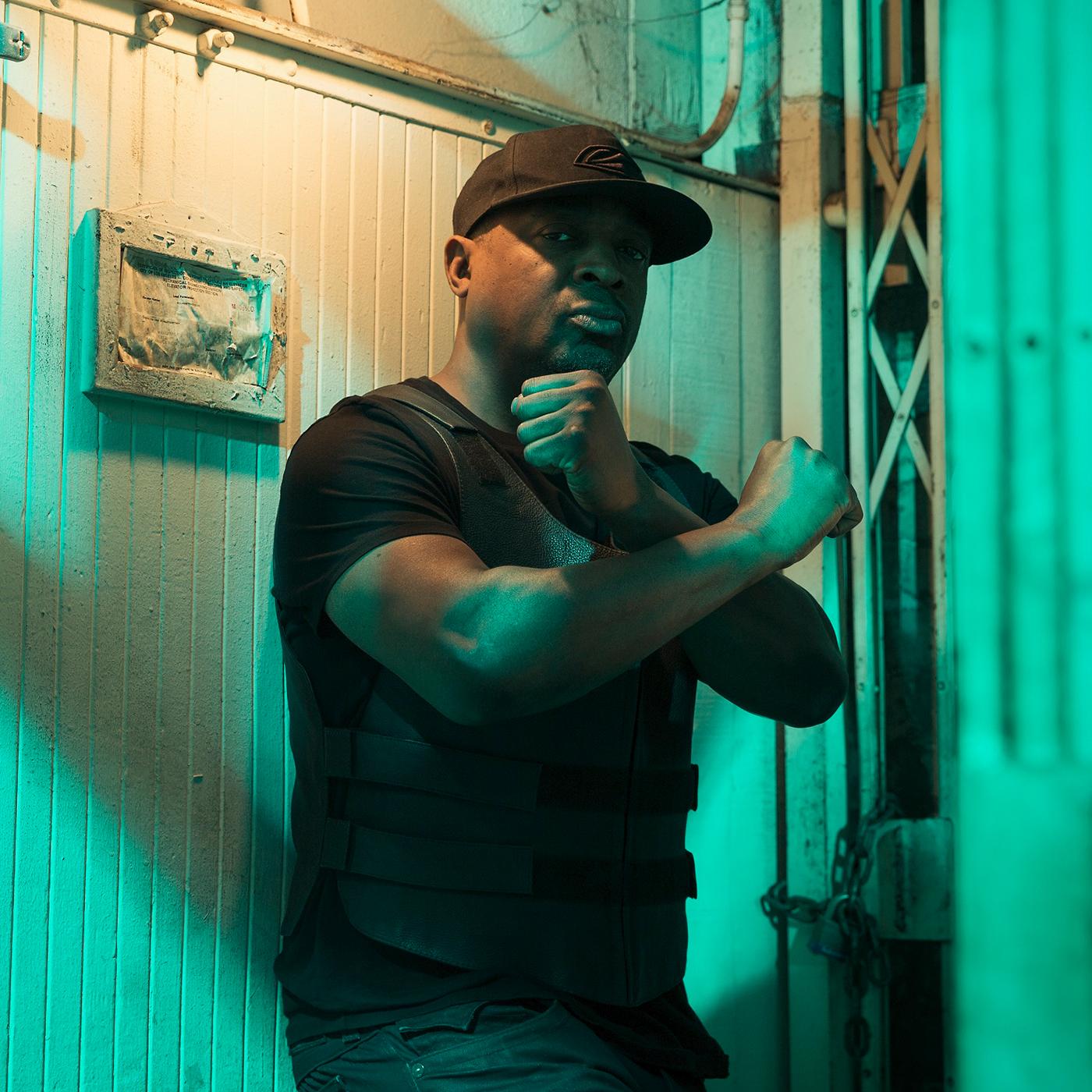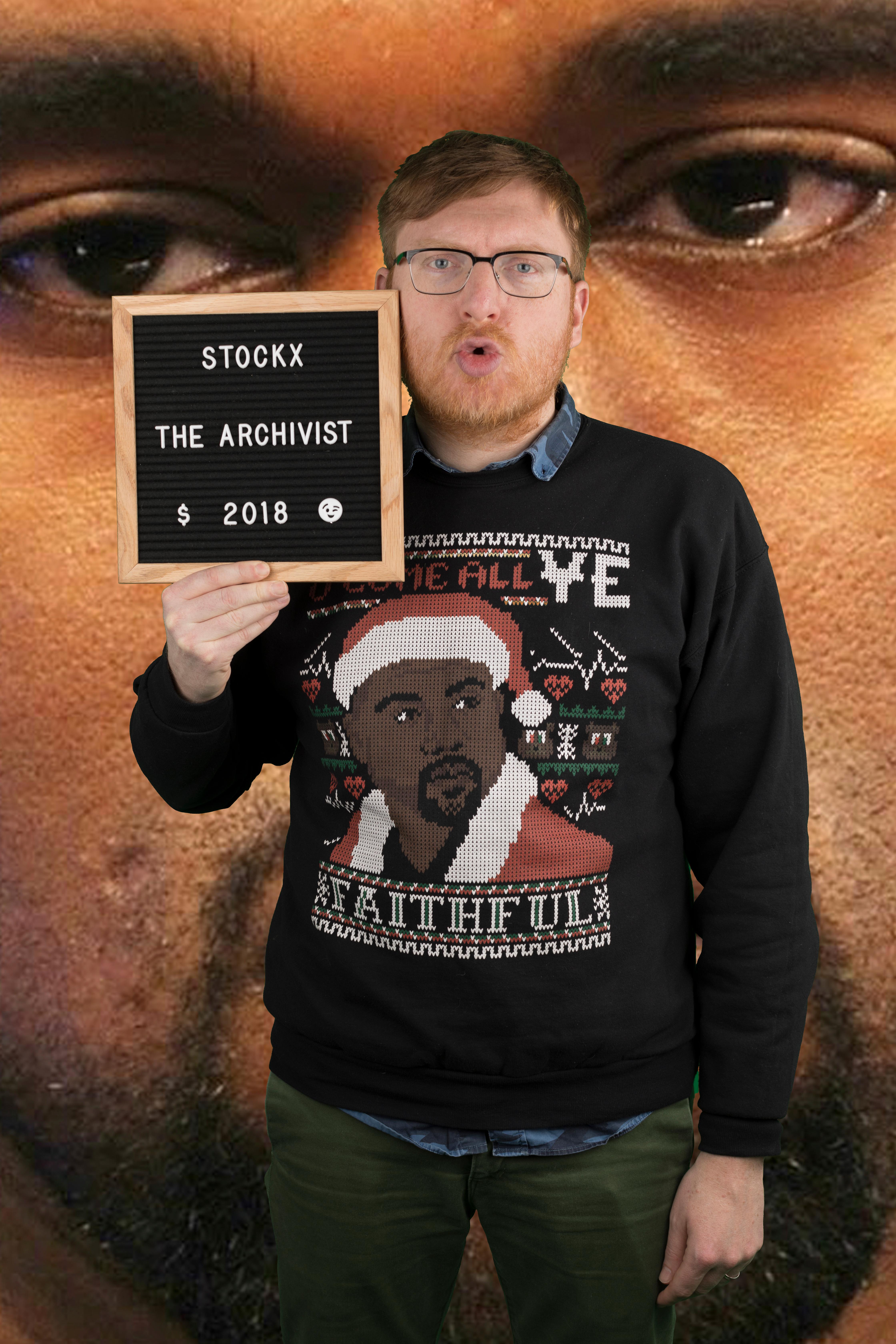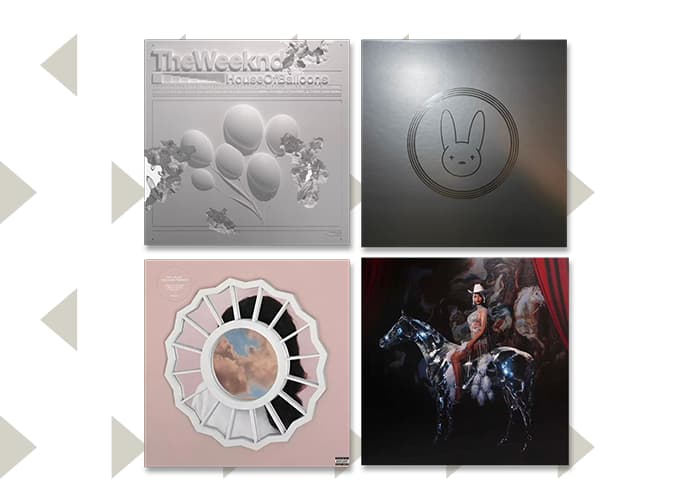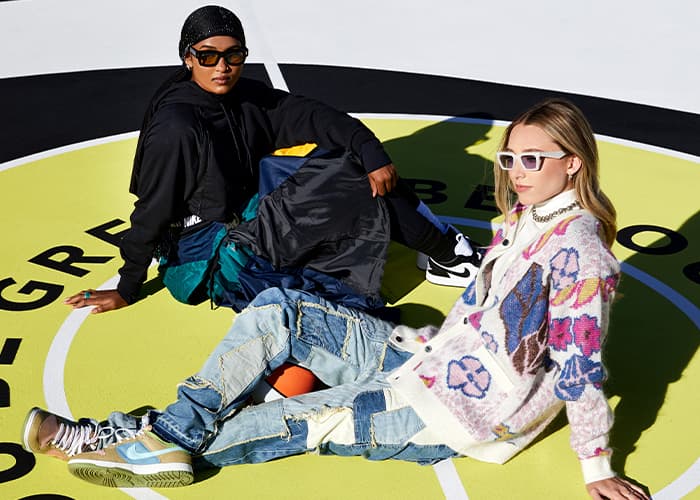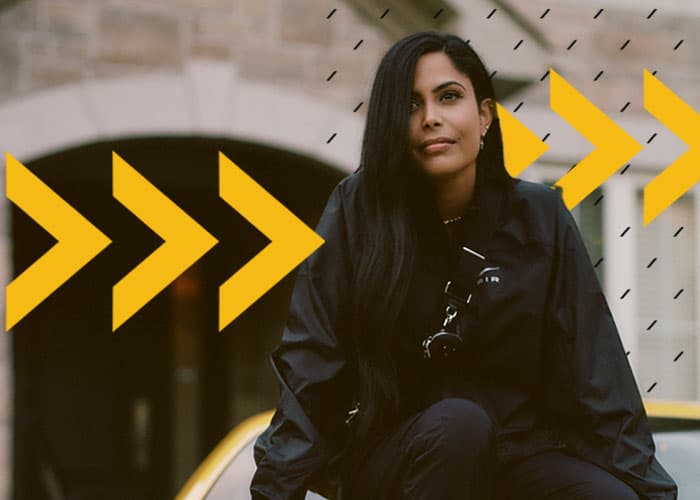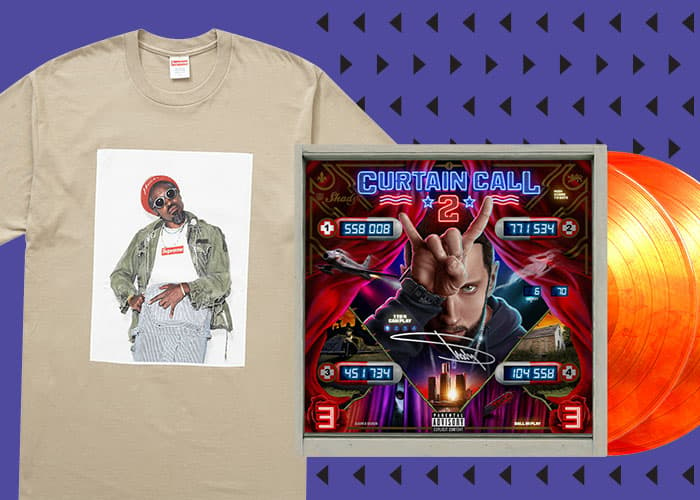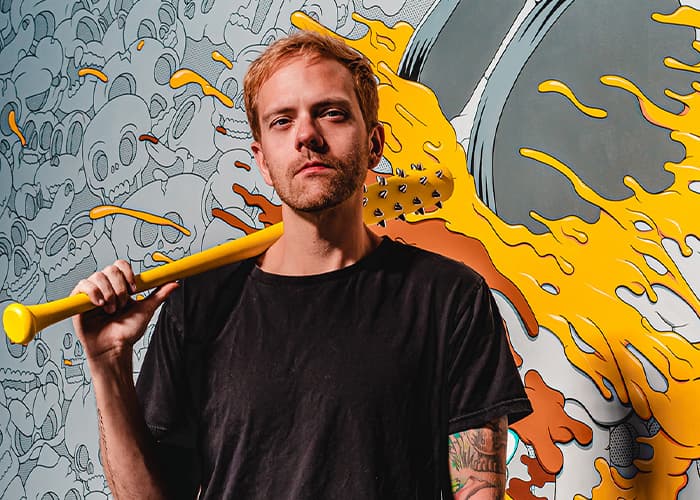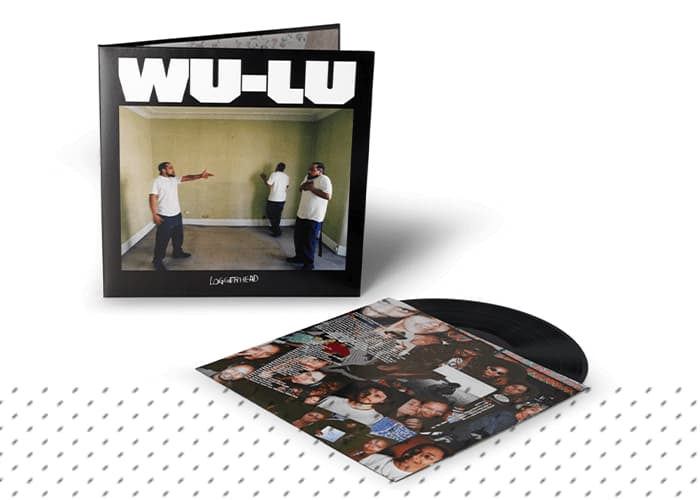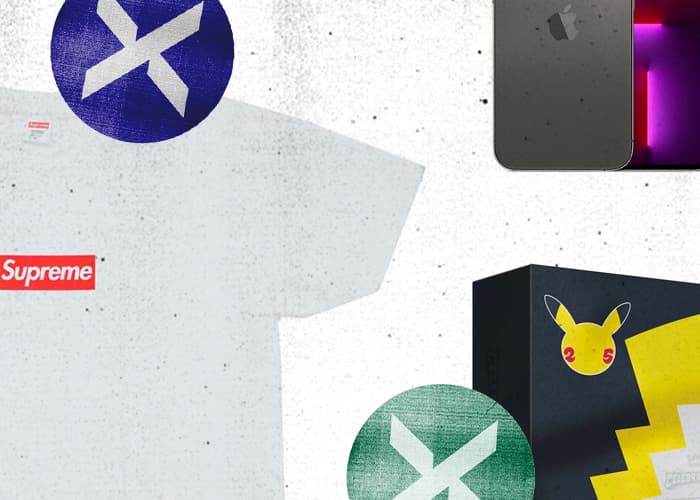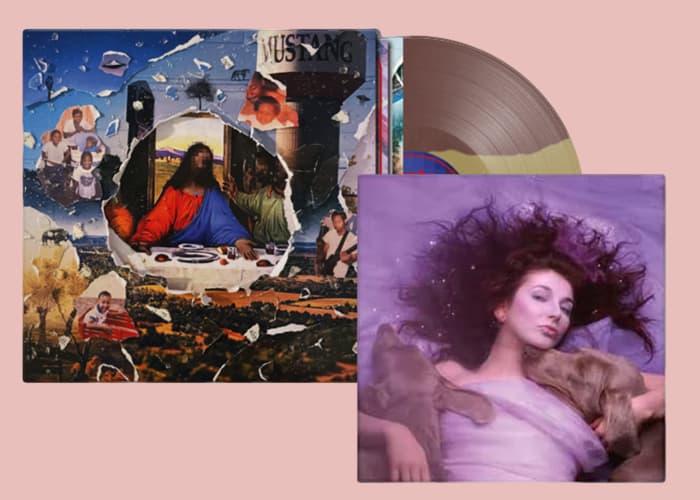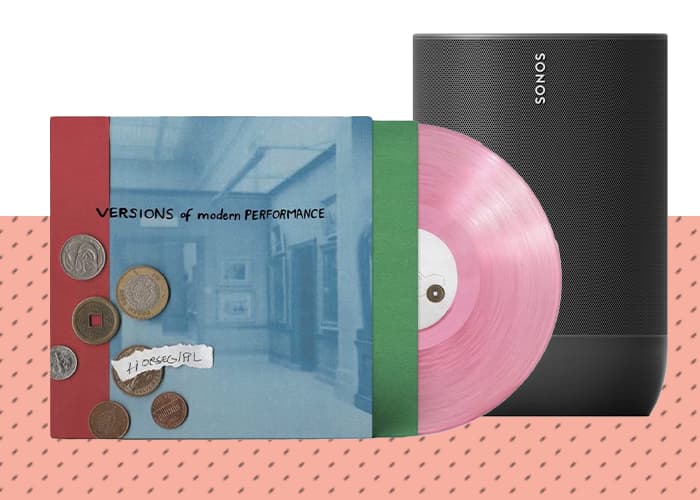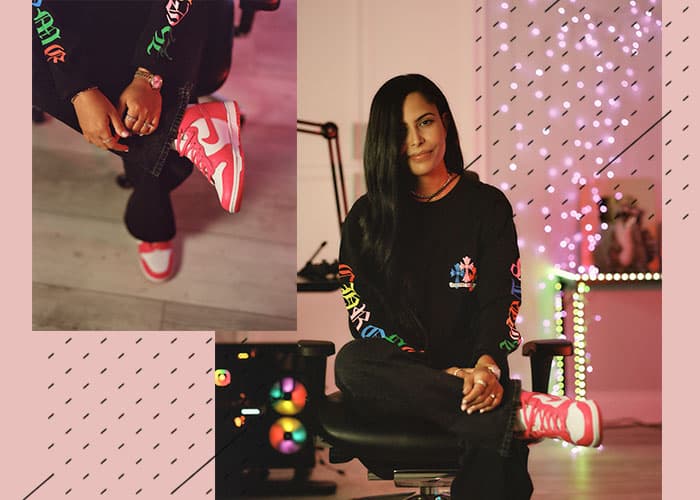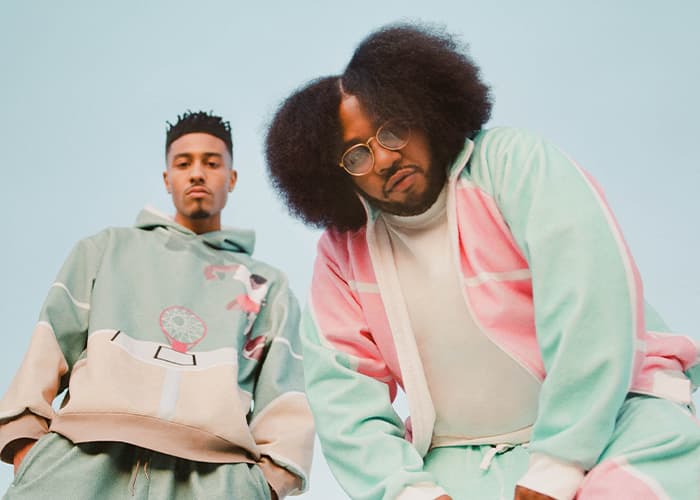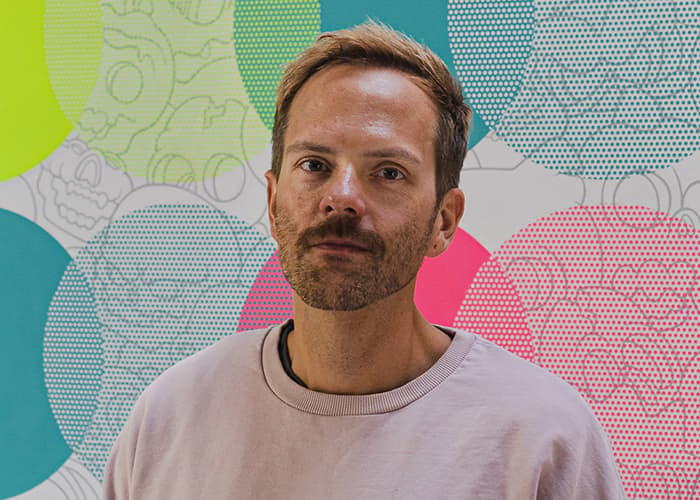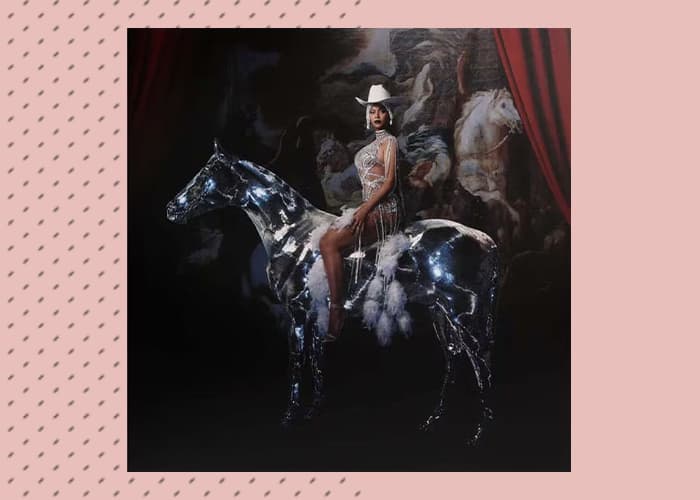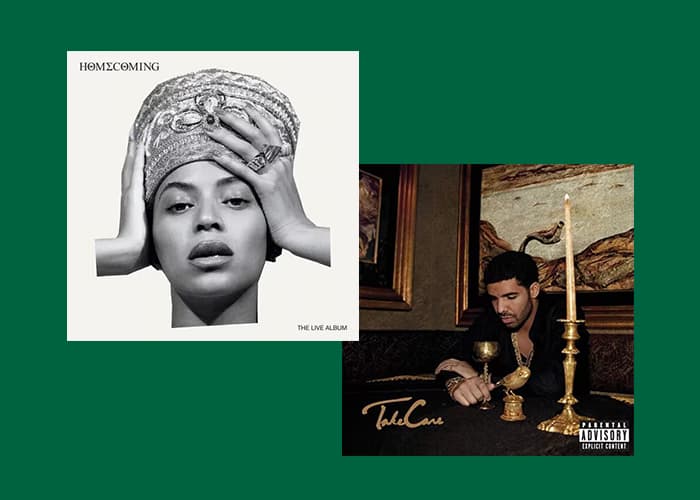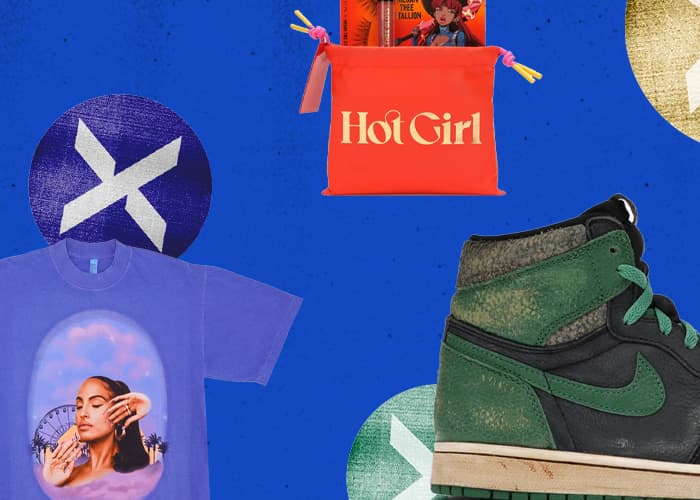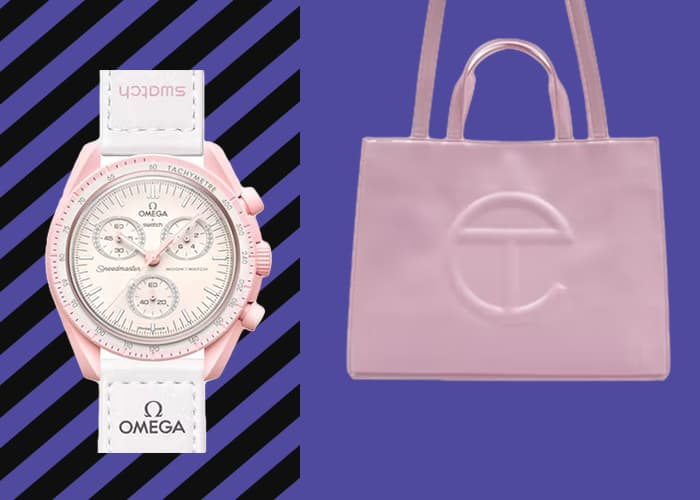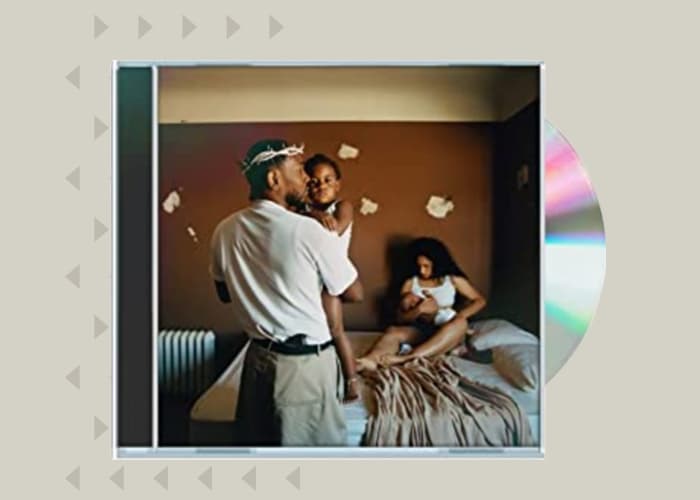Since 1985, Chuck D and Public Enemy have offered a sonically riotous, and lyrically prophetic vision of the world around them. PE is in the Rock and Roll Hall of Fame. They’ve won awards, sold platinum records, and sold-out arenas all over the world. Their music has been the soundtrack to many memorable movies including Do the Right Thing, and He Got Game. In 2018, PE was part of an epic collab with Supreme and UNDERCOVER. And through it all, they’ve been anchored by the wit, the wisdom, and of course, the voice of Chuck D.
We recently talked with Chuck D about Public Enemy’s new album, What You Gonna Do When the Grid Goes Down?, contemporary influences, PE’s legacy, hip-hop and Black music, and the necessity of women in positions of authority. As always, Chuck D engaged, expounded, and enlightened.
The following interview has been lightly edited.
Public Enemy has such a storied history. When it came time to record your new album, What You Gonna Do When the Grid Goes Down?, how did contemporary events such as Black Lives Matter protests and continued police brutality impact the record?
Well, all that stuff you just mentioned [BLM and police brutality] that was pretty much it. Really, I’m a better listener than I am a talker. I’m known to be a talker only because if there’s a camera in my face or a microphone near my mouth then this [MCing] is what I’m supposed to do and just represent the culture and the art form I’ve been bestowed. But you know, having your ears and your eyes open to what’s happening will eventually reflect in your culture and your art if you’re one of those purveyors. So, yeah, all the things happening above and below and some of the under the radar stuff that is happening as well, impacted the record. Every time I put together any kind of hip-hop work that I happen to do from a vocal standpoint of writing and recording, it’s going to be something that means something to somebody somewhere, it’s not going to just be me trying to figure it out or have my records be guessing records.
Topics mean everything to me; titles mean everything to me. I write down the topic and the title and I record from there. So that’s always been like my saving grace, so to speak, and it’s pretty much the same thing and methodology that went into the recording of What You Gonna Do When the Grid Goes Down?. That title is a statement and it’s a question. What are you going to do when the grid goes down? That’s a question for you, the listener. It basically says: beware of government tricks from governments plural, not singular. Governments will sometime do their best to distract with weapons of mass distraction over the masses. So, “What are you going to do if it goes down?” Just be prepared, be aware, try to be as awake as possible.
If somebody else sleeps, you’re awake and if you sleep, somebody else has to be awake at the wheel. That’s how you gotta go about it. So that’s pretty much what we did: using the platform of recording to actually get across the urgency of asking everyone the question because culture and music is not the quickest vehicle to get into the mindset of the masses any longer. You already got social media with gadgets as the intermediaries. So you’ll never be quicker than that. So the only thing that culture can do is ride it or embrace it or attack it, and then come up with some results.
What are some of the topics and ideas that you’re still interested in writing about, recording, and expressing?
Stay awake. Fight for peace and love. Peace and love are not going to come automatically because there’s a human glitch, so you have to fight for that. Knowledge, wisdom, and understanding are the best preventions against ignorance. I like to consider myself a culturalist and an Earthizen. To me, to call myself a citizen of one territory on the planet Earth is kind of derogatory. This place belongs to us human beings as well as other species. Animals are in cages and sometimes human beings are in different types of cages called boundaries and countries.
What’s the most overrated right now?
The most overrated today is when they say the youth don’t want to hear something important [in the music]. That’s just bullshit. Number one, you have to ask the question, “What’s youth?” Is it younger than you or older than you, but under a certain line? This is crazy, you know. I tell people, no matter how old you are, you’re older than many, and you’re younger than some. So what are you talking about? If I’m 60, who’s younger than me? Damn near everyone 59 years of age! Numbers are real, but when it comes down to somebody saying that the youth don’t want to or won’t hear, I just think that’s crazy.
When I grew up, and I know it was a different time to compare, but Philadelphia International had all the banging music and they made us think on their music as well. It was a 10-year period where, whether it was Harold Melvin & The Blue Notes, or Teddy Pendegrass, or The O’Jays or whatever, they were significant on having a message in the music. So it’s [music with a message] always been around, and it’s never been afraid to be uncompromisingly Black. A lot of our music still, at its core, is Black because Black folks relied on this expression for years when everything else was shut down or shut off or closed. So that’s why it just happens to feel like it means a lot more to people of color, especially Black folks because for years it was our main vehicle that cut across and also to be able to come up with some kind of code against white supremacy that was directly in our face. So I just think it’s overrated when some outside point of view says what upcoming demographic of Black, younger people will automatically feel or not feel.
So let’s do the flip of that: What’s the most underrated?
The most underrated is how much influence that women have in authority. Usually, women in authority end up doing twice as good a job as men, but it doesn’t play out to the populace in that narrative. I believe that these systems will further crumble unless we start getting the percentages of women in authority positions up. You just can’t say that maybe 25% of women are executives in some position of authority and stuff like that, those numbers are not true. The United States needs these numbers to be 60%. Maybe you need it to be 75% women and 25% dudes. So the power and the changes that women have put into the world is quite significant, yet underrated.
What are you most excited about now that new the album is out?
I don’t know what that means [laughs]. I’m excited about Paris, the Nappy Roots, and Arrested Development all coming out on the same day as our album. I’m excited about Run-DMC and the Beastie Boys’ participation on this record saluting and paying homage to two people that actually dragged me into the industry, and that was MCA and Jam Master Jay. So I’m excited about their participation on this record. And I’m excited about uncle George Clinton leading, not with his funk, but with his funkosophy. He’s leading us in the same visionary futurist point of view that he always exhibited on Funkadelic records. If not Parliament, but definitely Funkadelic records, which was a combination of funk and psychedelic.
Looking ahead to November and beyond, what’s next for you and PE?
What’s next for me and PE? I mean, the next interview after you is what’s next. I have 130 interviews in a 6-day period. When Public Enemy does something, immediately 50 nations spark up. You might be used to speaking to somebody from the United States, or they might have a couple of things happening in Europe. I get wired up like LeBron James, and it happens the whole world over. This is beyond the radar of somebody who calls himself a hip-hop fan in the contemporary United States of America listening to Drake or whatever. Immediately, because of my topics and because of our outreach embedding into all these societies, the minute we put out something it’s taken a little bit more serious. It’s not Justin Bieber. It’s not your local rapper. It’s not your favorite rapper, either. This is like, “Chuck D talks about the ‘State of the Union, Shut the fuck up [see video below],’ right?” Trust me that the government’s turning the switch on just to be like, hmm, not to say that they doing COINTELPRO and then all of the sudden spying on my home and taking me down. But they don’t ignore it, either.
They don’t ignore that. So I have to take into consideration of being an owner to what I think, and a slave to what I say. So when I talk, know that I’m always talking carefully because if I happen to say some stupid shit, that’s just gonna run around like a laser beam with a certain smell to it, you know what I’m saying? I’m going to be the one that’s got to answer for it. And you know what, sometimes we do make mistakes. I try not to make any mistakes when I’m talking, but sometimes we do make mistakes and end up saying, “Oh fuck, did I say that?” But I never was personally a victim of that because I was always measured when it came to addressing what I do and who I am. I know who I am. I know what I’ve done. And I definitely know who I’m not. So I was always simple and plain upon being addressed.
So the next thing for Public Enemy is to make sure that whoever’s behind the wheel doesn’t sleep. In our position, I think that it’s not leadership, it’s more counsel, advice, being a consigliere. I think leadership is definitely between the ages of 40 and 65. I believe 65 is a real retirement age for authority and government and people need to pay attention to it. I feel that anybody in the ages between 60 and 90, should realize they’re in the ages of counseling, advice, administration, and stuff like that.
How do you balance that in the moment, recognizing when it is a moment to lead versus a moment to advise?
I don’t know how you balance that. You’ve gotta know your lane. I think the best balance or the governor of that particular situation is saying and knowing what you’re not as opposed to saying what you are and what you do. I think when you say, “Yo man, I don’t do that, I’m not that,” I think that’s a clear recognition of knowing your lane as opposed to being a jack-of-all-trades and a master of not a damn thing. And not try and take on or talk about something you don’t know about. I’m fed up with the point that anybody from anywhere thinks that they could dismiss scholarship or tenure just because it’s not hip, relevant, or has nobody famous interested because it’s considered boring. That’s a ridiculous notion. Scholars spend more of their time reading the bullshit and then comprehending it for their argument instead of just reading what they like to read. And the good shit kind of like throws you into the throng of belief, as opposed to presenting challenging information that forces you to come up with a conclusive answer. Scholars take on the ugly part of the discussion because they gotta read the ugly lie that illuminates the truth.
Let’s talk about the “Fight Power Remix 2020” and the legacy of 1989’s “Fight the Power.” How did it feel to be updating your own classic?
First, you got to talk about the original “Fight the Power” by the Isley Brothers, from 1975. I’m saying: this is where a lot of stuff is lost in the cracks. If we continue on and say that the world started in 1989, then we continue to feed into the myth. All of a sudden the myth becomes so solid it ends up being like permafrost and the only thing that could thaw that shit out is a catastrophe. So I’m just saying that when I was growing up, when I was 15 years old, “Fight the Power” influenced me.
They [The Isley Brothers] made us make our own “Fight The Power” for Do The Right Thing, which resonated. The problem with that is that no one else picked up the baton from 1975, and many people who have been influenced by that in 1975 have transitioned into their seventies and eighties or died. So we can’t let death be the end-all, be-all that silences discussion when it comes down to cultural legacy and meaning. So yeah it’s a third “Fight the Power” that came out 31 years later from the last “Fight the Power,” and the second one came out and 14 years after the first.
Looking back, then, at these three different cultural and historical moments of “Fight the Power,” what do you see as the similarities and differences between each inflection point?
We’re on the third “Fight the Power,” and it falls into the gadgetry of being connected to a theme. The theme had to come over visual-audio, not audiovisual. This thing was hatched out of an idea for the BET Awards. We’re clearly in a visual-audio age; we’re clearly in an age where people may be listening too much with their eyes or they’re not listening at all. And that’s just a whole other thing. In 1989, they watched, but they also listened. And the thing that got them to watch it, even more, was the fact that it was integrated into the film. Someone would open their eyes to engage with the film and they had a song in the process. The first “Fight the Power” was a movement where people communicated face to face, a little bit more. It was less intimidating in the street because you had to deal with a person face to face, head to head, even if you wanted to fight them. Our main intake of culture was listening. So you had to listen to music, or you could watch a film, or you could watch things on TV. But as far as the thing that’s spread, people had to listen and they attached it to their imagination. Today, imagination is given to and sometimes sold to you; you couldn’t sell imagination to people 50 years ago.
How did you end up back on Def Jam? Was there some sort of master plan or planetary alignment?
Well, the Def Jam thing was simple. It was a settlement between me and Flav. Flav wanted to go major; I wanted to go independent, as always. But Flav rode out the last 20 years, riding independent and pioneering MP3 records and going online. Now everybody’s online. Flav thought that we could do it bigger and be a star, which he is a major star, and Def Jam came to the table and it became a no brainer about us settling our differences. So that was that.


